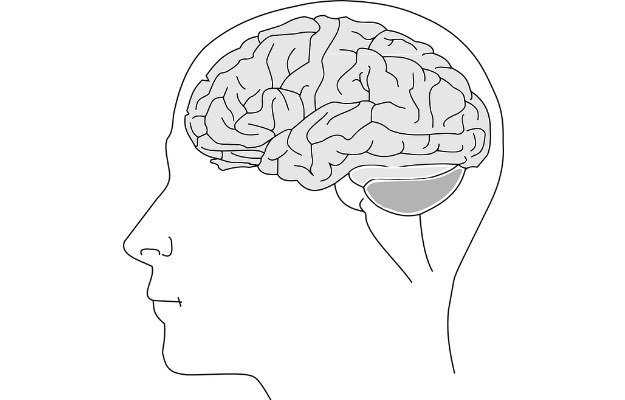What is prolactinoma?
Prolactinoma is a type of benign (non-cancerous) tumour of the pituitary gland. The tumour secretes a hormone called as prolactin which brings about discharge of milk from the breasts in women. It causes an array of malfunctions due to the excess hormone production. Prolactinomas are extremely common and small tumours are mostly seen in women, while large tumours are common in men.
What are its main signs and symptoms?
The tumour impinges upon the nearby tissues in the pituitary causing an array of neurological and hormonal imbalance-related symptoms. Other symptoms are caused due to the hormones secreted by the tumour.
- Women may complain of menstrual disturbances and infertility.
- Absence of menstruation or delayed menarche may occur.
- Lactation may occur in women without pregnancy. This is extremely common.
- Oestrogen levels may be lower, leading to vaginal dryness, dyspareunia, and osteoporosis.
- Men may complain of decreased libido, erectile dysfunction, or infertility.
- Other symptoms noted are headache, vision changes like reduced peripheral vision, etc.
In cases where the tumour impinges upon the adjacent pituitary tissue, it leads to dysfunction of those parts of pituitary gland. This manifests as deficiency of one or more hormones, like thyroid stimulating hormone.
What are the main causes?
The tumour is benign (non-cancerous) in nature. The signs and symptoms of the disease are due to the fact that there is an increased level of prolactin hormone being produced.
This may as well occur due to hypothyroidism, adrenal gland failure, certain medications prescribed for psychiatric disorders, GERD or hypertension. Opiates may lead to prolactinoma as well.
How is it diagnosed and treated?
In cases of symptoms, if there is a suspicion of prolactinoma, lab tests for various hormone levels must be done. This is followed by an MRI or a CT test. In cases of a palpable mass, a CT scan is a must.
Once the diagnosis is confirmed, treatment is done if the hormonal imbalance causes significant symptoms. When left untreated, most prolactinomas do not progress in size. Medicines that oppose and stop the effects of specific hormones are prescribed.
Radiotherapy may be used in adjunct to reduce the size of the tumour. However, it is usually avoided due to a number of side effects. Surgery is required only in a small number of cases where sudden worsening of symptoms is noted. The prognosis is usually good.

 OTC Medicines for Prolactinoma
OTC Medicines for Prolactinoma















